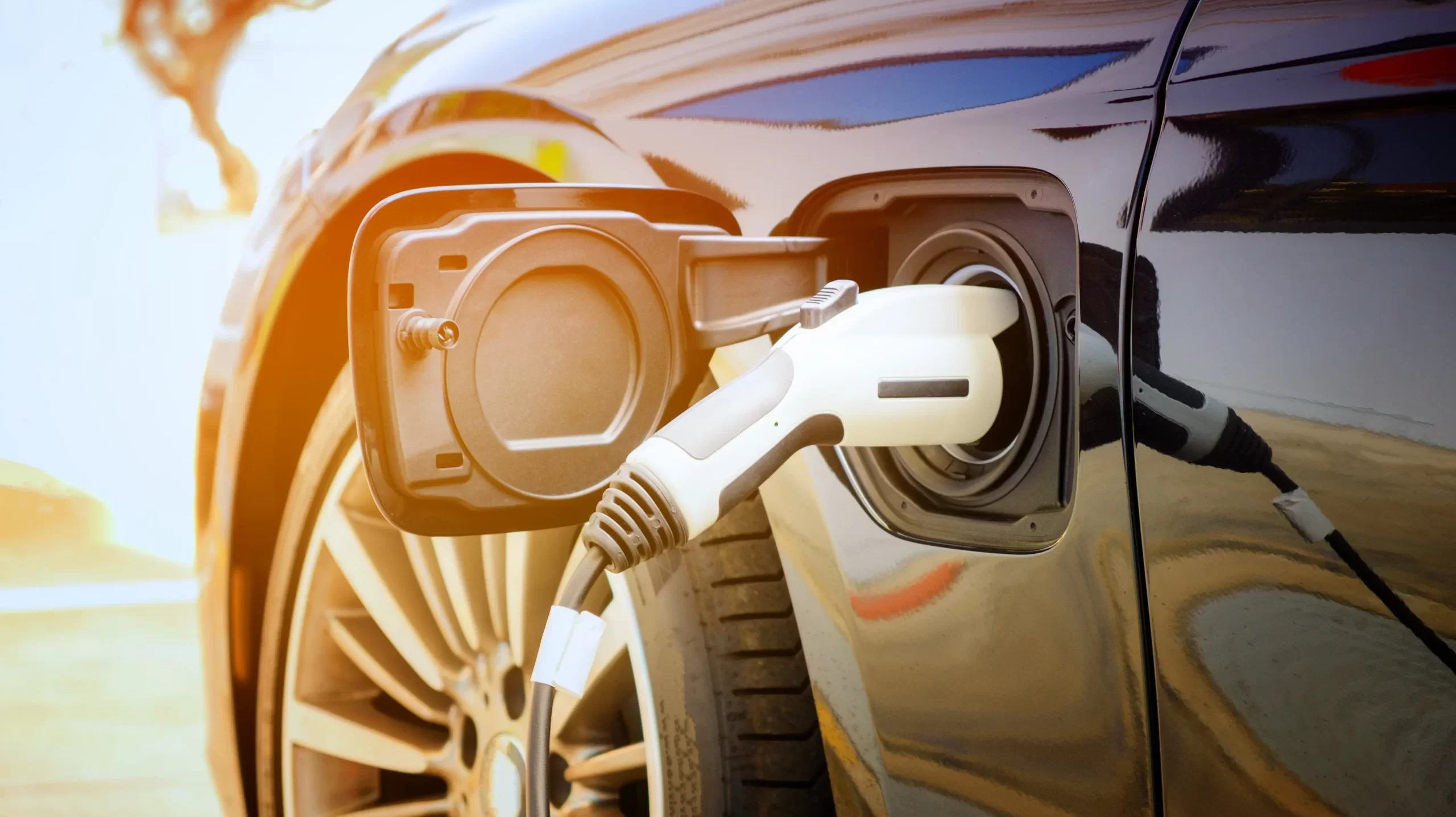|
Getting your Trinity Audio player ready...
|
Both of Alabama’s Senators, Katie Britt and Tommy Tuberville, and Congressmen Barry Moore, Jerry Carl, Gary Palmer, and Robert Aderholt all signed a letter to the administrator of the Environmental Protection Agency, Michael S. Regan, last week.
Along with over one hundred other members of Congress, they asked Regan to withdraw the federal rule “Greenhouse Gas Emissions Standards for Heavy-Duty Vehicles – Phase 3.”
Characterizing it as a “de facto EV mandate on light-duty, passenger vehicles,” the Republican signatories pointed to potential negative effects of the rule on American farmers and on truck companies.
In a tweet on July 2, Palmer claimed that the “Biden administration’s EV mandate will weaken our supply chain and increase costs for American families.” He also called it a “disastrous mandate.”
Despite the Congressman’s phrasing, the rule will not actually mandate electric vehicles. Instead, it sets new greenhouse gas emission requirements that will begin to phase in in 2027.
If unchanged, the rule will reduce the maximum emission level (in grams of CO2 per ton-mile) of vocational vehicles by around 60 percent between 2027 and 2032. The maximum emission levels for tractors would decrease by between 30 and 40 percent during the same time frame.
While electric vehicles would obviously meet these proposed emission maximums, the EPA specifically stated that the “standards do not mandate the use of a specific technology.”
In fact, the agency estimates that a sizable share of model year 2032 vehicles will still utilize internal combustion engines even with the proposed regulation enacted. While they did estimate that only 1 percent of light heavy-duty vocational vehicles will use a traditional engine, they expect 64 percent of new long-haul tractors sold in 2032 to still use internal combustion.
The EPA’s analysts also predicted that while the retail price of vehicles will increase, vehicle owners would make their money back in only a few years. They say that “payback [would occur] between two and four years on average for vocational vehicles, after two years for short-haul tractors and after five years on average for long-haul tractors.”
This analysis also included the refundable tax credits created by the Inflation Reduction Act. These tax credits give consumers up to $7,500 for purchasing electric vehicles less than 14,000 pounds and up to $40,000 for buying electric vehicles more than 14,000 pounds.
Back in March, when the changes to greenhouse gas emission limits were first proposed, Tuberville tweeted that “the free market is REJECTING EV cars.”
However, these new regulations, along with the IRA tax credits and other programs, are best seen as a form of industrial policy like the CHIPS Act. In an attempt to both revitalize American manufacturing and get more EVs on the street, traditional free market fundamentalism has largely been disregarded.
In May, Biden even followed Trump’s lead by increasing tariffs on Chinese electric vehicles from 25 percent to 100 percent, citing China’s subsidies of their domestic EV industry.
Signing the letter to the EPA last week was not the first time Alabama Republicans have openly opposed electric vehicles and regulations on vehicle emissions.
Alabama Attorney General Steve Marshall signed onto a legal complaint against the National Highway Traffic Safety Association over their proposed fuel economy standards in late June. Senators Tuberville and Britt both signed a letter against the proposed fuel economy standard changes back in January.
And as is indicated by the number of Republicans who signed onto last week’s letter, Alabama’s members of Congress are not alone. Released on Monday, the official 2024 Republican policy platform calls to “[cancel] Biden’s Electric Vehicle and other Mandates” in order to “save the American auto industry.”
Environmental advocacy groups, however, view the EPA’s proposed rules as a necessary and beneficial part of the fight against climate change and against pollution more broadly. The president of the Natural Resources Defense Council, Manish Bapna, has said the rules “will save drivers money at the pump and cut tailpipe pollution that endangers public health.″
One analysis by the Environmental Defense Fund even estimated that these new air pollution and greenhouse gas emission limits would prevent 41,400 premature deaths, 63,600 hospital and ER visits, and 25.5 million asthma attacks.
With President Biden championing further investment in electric vehicles and regulations on traditional internal combustion engines, and GOP politicians calling to “drill, baby, drill,” the future of the American EV industry likely depends on the results of this year’s presidential election.





















































